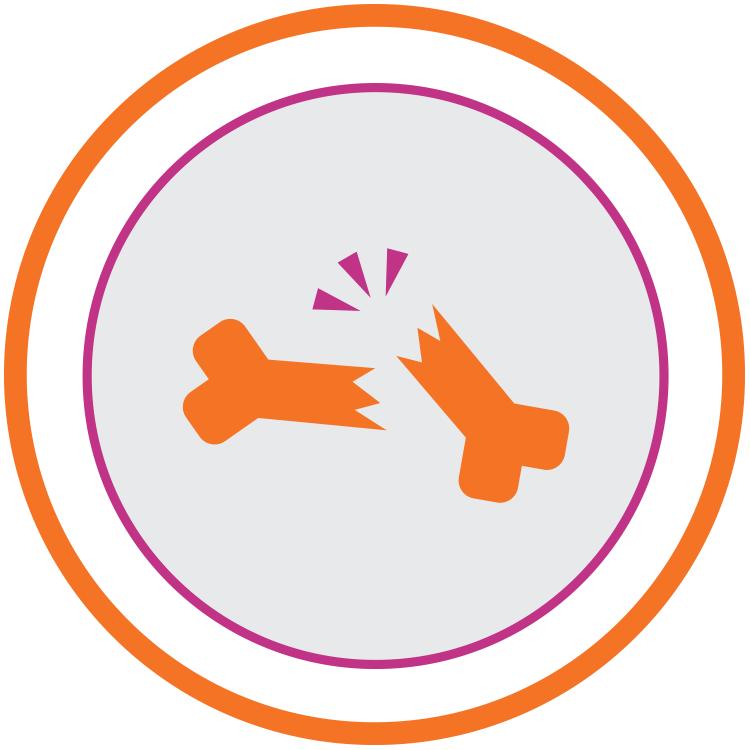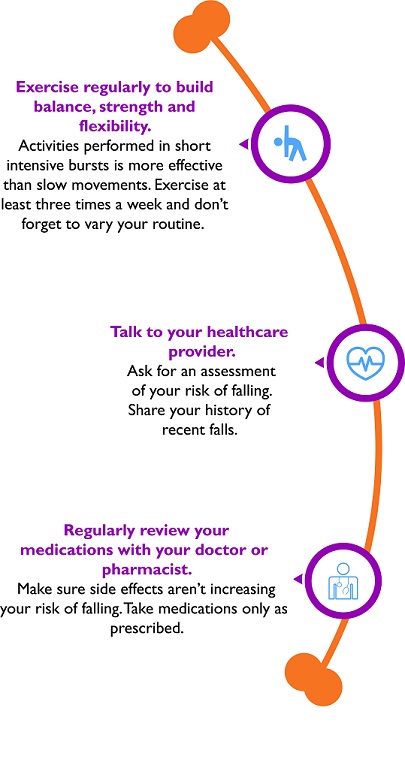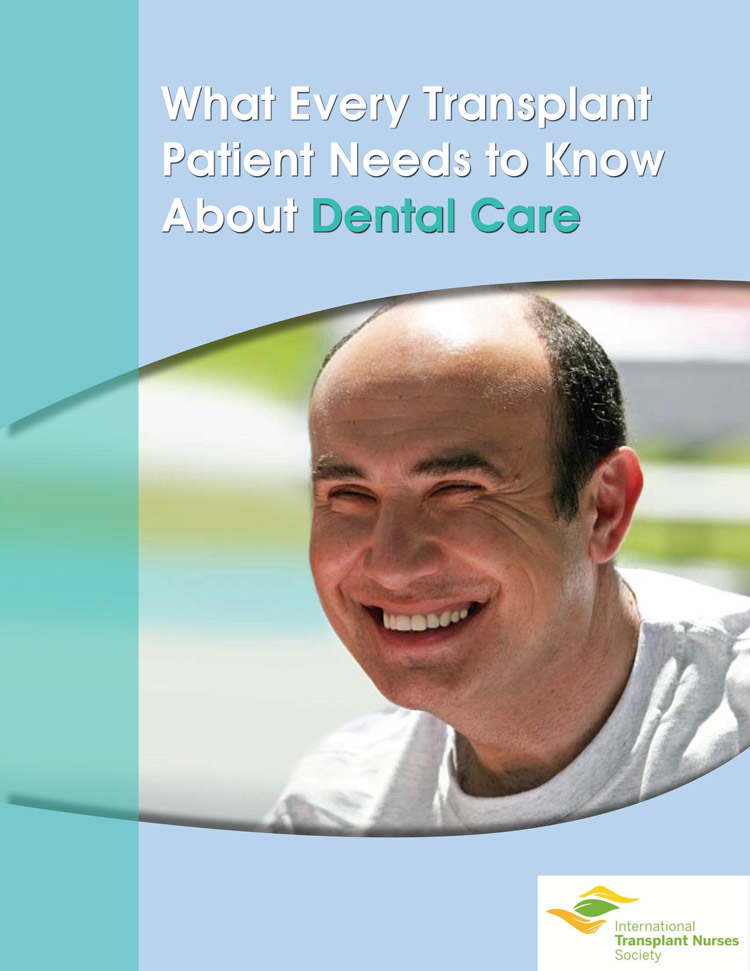Common causes of bone diseases in transplant candidates:
 Lung transplant candidates
Lung transplant candidates
Severe chronic obstructive pulmonary disease (COPD): Changes in bone density can be caused not only by COPD’s systemic inflammation, but also due to vitamin D deficiency and the glucocorticosteroids used for treatment.
Cystic fibrosis: Changes in the production of sex hormones, decrease in the absorption of vitamins caused by pancreatic inadequacy, physical inactivity, treatment of the condition with glucocorticoid and depletion of vitamin D are likely factors contributing to bone disease.
 Kidney transplant candidates
Kidney transplant candidates
There are a number of diseases that could lead to deteriorating kidneys. When the kidneys start to malfunction, problems with calcium, phosphate and the parathyroid hormone levels can occur causing the kidneys to stop making a form of vitamin D called calcitriol. The body then can’t absorb calcium from food and starts removing it from the bones, causing bone disease. This condition, called osteodystrophy, is commonly seen in people with kidney diseases and impacts those on dialysis. Visit Kidney Health Australia for more on kidney health.
Children with kidney diseases are seriously impacted by osteodystrophy because their bones are still growing. This condition slows bone growth, affecting height and causes bone deformities.
In adults with kidney disease, bone changes from osteodystrophy occur years before symptoms manifest. Symptoms are also not evident in adults on dialysis until many years after they’ve been dialising. Older women with renal disease and those who’ve gone through menopause are even more vulnerable to this. Click for more on bone disease after kidney transplantation.
 Liver transplant candidates
Liver transplant candidates
Liver patients’ bone diseases depend on the type of liver disease they have. Patients with alcoholic liver cirrhosis may have low bone density due to the effects of alcohol, malnutrition and lower vitamin D levels.
Patients with primary biliary cirrhosis, a disease that causes destruction of bile ducts, may have vitamin deficiencies. A lack of bile affects their digestive system’s ability to absorb fats and the fat-soluble vitamins A, D, E and K. Low vitamin D levels in the blood affects bone formation. Hence, they have an increased risk of weak and brittle bones that may break more easily.
Heart transplant candidates 
Patients with severe heart conditions that affect the heart muscle (cardiomyopathy) and are on loop diuretics to manage fluid retention may have vitamin D deficiency, impaired renal function and hyperparathyroidism. All of these factors are associated with bone loss.
Prevention and management
Screening
Even before a transplant, you may already have bone disease caused by your failing organ, or the treatment for the condition that caused your organ to fail. Because osteoporosis has no symptoms, you may not be aware that you have decreased bone density (osteopenia) or osteoporosis unless you’ve been diagnosed. Screening tests like bone mineral density tests to assess levels of calcium and minerals/the presence of risk factors for fracture, help in timely detection of bone diseases.
Calcium
Adding the following foods to your diet is a great way to boost calcium levels: dairy products like low-fat milk, yoghurt, hard cheese and non-dairy foods like broccoli, kale, edamame, bok choy, figs, white beans, okra and tofu.
Opt for mostly reduced-fat varieties and consult a dietician to manage your daily intake of these foods.
Bone health varies across recipients and everyone does not have the same calcium requirements. You may be prescribed additional calcium supplementation.
For more on healthy eating click here. For general information on the amount of calcium essential for building and maintaining bones, click here.
Fall prevention
If you’ve been diagnosed with bone disease and have weak bones, you must take precautions against falling. Three factors are related to whether or not a bone breaks from a fall: the fall itself, the force and direction of the fall, and how fragile the bones are.




 Lung transplant candidates
Lung transplant candidates


Recent Comments